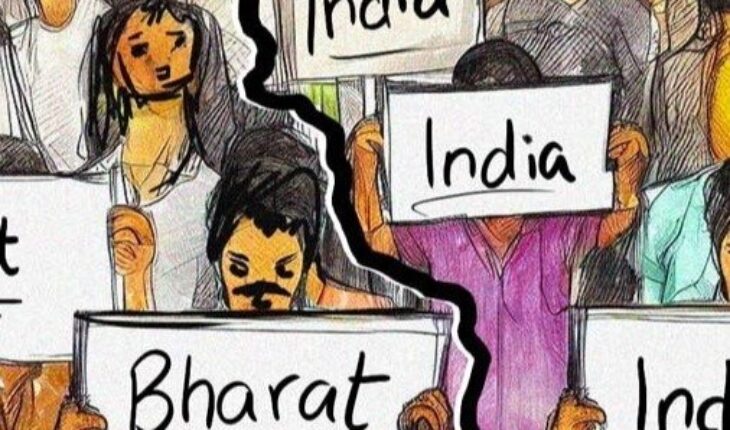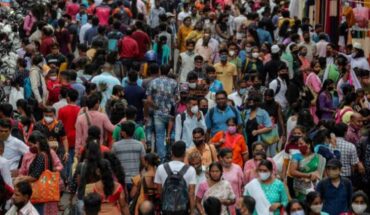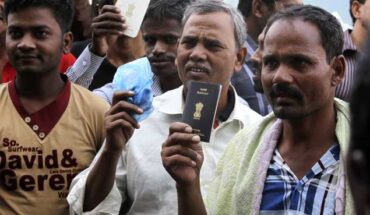India and Bharat – two names that have stirred the hearts of patriots for generations. Yet, today, these cherished labels are being manipulated for political maneuvering. The decision by the Bharatiya Janata Party government to prioritise ‘Bharat’ over ‘India’ in official communications is not just a departure from tradition but a deliberate political statement. The Constitution itself refers to the nation as “India, that is Bharat,” signifying the harmonious coexistence of both identities. The cultural significance of ‘Bharat’ is undeniable. However, the current fervor to sideline ‘India’ is a misguided attempt to paint it as a foreign imposition, undermining our national dignity. Such a perspective is not only historically inaccurate but also divisive. Both ‘India’ and ‘Bharat’ have emerged from our nation’s rich tapestry of history and culture. To pit one against the other, especially in a country celebrated for its ethnic, linguistic, and genetic diversity, is to create unnecessary societal rifts. The controversy should have naturally faded, but the Opposition’s hasty reactions amplified it, turning a naming debate into a national identity crisis. While the Rashtriya Swayamsevak Sangh’s preference for ‘Bharat’ is well-known, the Opposition’s choice to adopt ‘INDIA’ as an acronym might have further spurred the BJP’s renaming zeal. This political tug-of-war does not showcase national pride; instead, it diminishes our global standing and soft power. Both ‘Bharat’ and ‘India’ are deeply embedded in our cultural, political, and literary lexicons. They are invoked by millions, both domestically and internationally, who dream of our nation’s bright future. While the contexts in which they are used might differ, their essence remains unchanged. It’s crucial to recognise that the beauty of our nation lies in its diversity and unity. Let’s not allow a mere naming dispute to overshadow the shared aspirations of its people. India and Bharat must coexist, as they always have, representing the soul of a united nation.
India and Bharat must coexist, as they always have
Published Date: 09-09-2023 | 4:52 am





